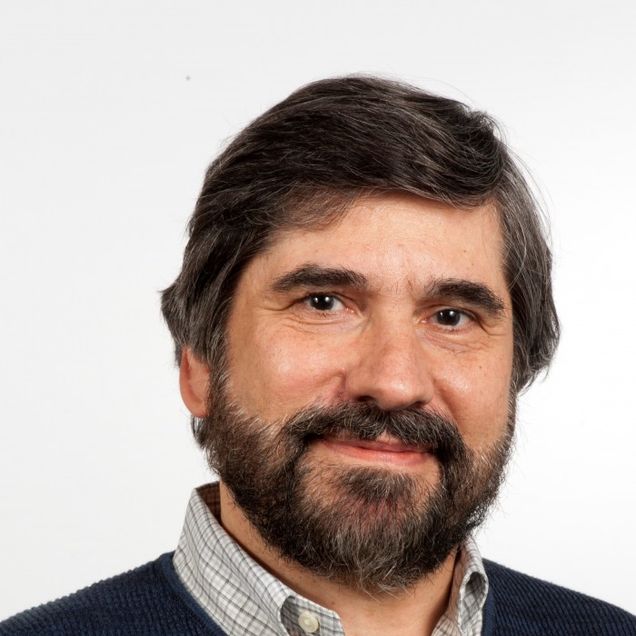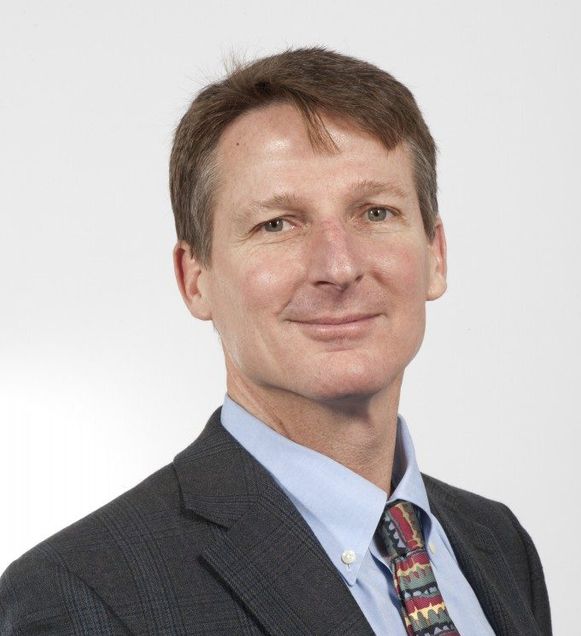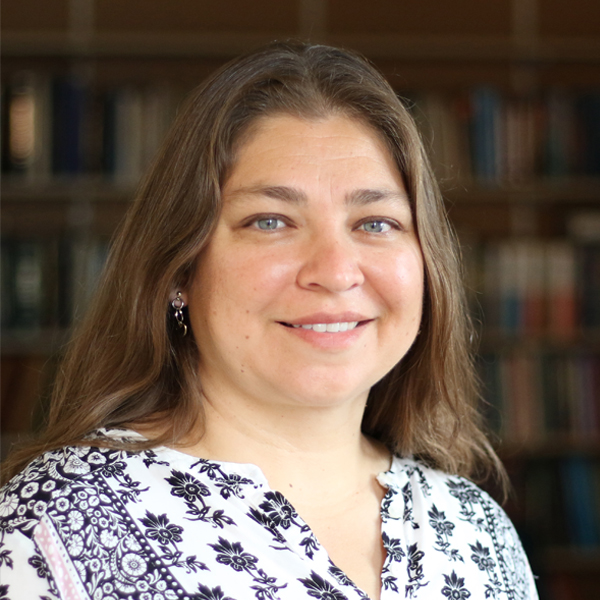Event recap: Using data science to create a more sustainable world
BY: NATALIE GOLD
Climate change is one of the most pressing issues of our time. Recent crises in Texas and wildfires in California suggest that the effects of climate change are already here. Researchers are working to create a more sustainable world that helps those living in areas most affected by climate change. Some of these researchers are here at Boston University (BU), and many of them use computational tools in their work.
On February 12, 2021, BU researchers had the opportunity to share their work on sustainability with their colleagues. The Hariri Institute worked in collaboration with BU’s Institute for Sustainable Energy (ISE) to hold the first event in the BU Knowledge Transfer Series. The Spring 2021 series brings together BU researchers that are researching sustainability using data science, but who are not familiar with each other’s work.
This “Smart Cities and Sustainability” event featured four researchers from different academic backgrounds that work on sustainability and environmental issues in cities using computational tools.

Christos Cassandras, Distinguished Professor of Systems Engineering and Electrical and Computer Engineering, presented his research on making transportation more sustainable with connected autonomous vehicles (CAVs). These vehicles have software that sense other vehicles and their surroundings, so people do not have to drive. CAVs create an “internet of cars” that helps vehicles understand what other cars will do. This shared understanding leads to less cars stopping and starting on the road, meaning lower energy use by the cars and more sustainable transportation.

Thomas Little, Professor of Systems Engineering and Electrical and Computer Engineering, discussed his work using sensors and cameras to make lighting more sustainable. His initial research used sensors to change lighting output based on the amount of people in a room or turn off lights when people are not there. He found that these programmed sensors save a significant amount of energy.

Gregory Wellenius, Professor of Environmental Health, explained how he uses climate change data to determine when heat can become dangerous in Rhode Island, New Hampshire, and Maine. After collecting and analyzing millions of data points from these states, he was able to change the index for when a heat warning is issued, letting people know the danger of certain activities on hot days. Wellenius found that these warnings make people more likely to go to the hospital when experiencing symptoms of heat exhaustion. Professor Wellenius wants to expand the work he’s done from just three states to other states that are in need of better heat warnings.

Patricia Fabian, Assistant Professor of Environmental Health, explained how she collects electronic health data to determine how housing and neighborhood characteristics affect asthma. Her work began with creating three large databases, focused on housing and indoor air quality, health data, and social and environmental determinants of health. She used this data to create algorithms that could determine people’s severity of asthma based on their symptoms or the types of medications they take. In the future, machine learning algorithms could be used to alert people to the severity of their asthma and their asthma triggers, which could save lives.
The discussion following these presentations allowed for the researchers to pose future collaborations. Professors Wellenius and Fabian spoke about how they might utilize health data and records for heat warning research. After seeing certain similarities in their work, the researchers also saw the opportunity to share data sources. More available data can lead to the creation of more robust algorithms for both of their projects.
When you have an issue as big and complicated as climate change, diverse perspectives are necessary. This is the goal of the BU Knowledge Transfer Series: give those doing groundbreaking work using computing or data science the opportunity to hear from other researchers whose work they don’t know, and allow them the time to join forces and create significant positive impacts on the world.
The next part of this series will be held on March 8, and will focus on how computing and technology can support sustainability.
